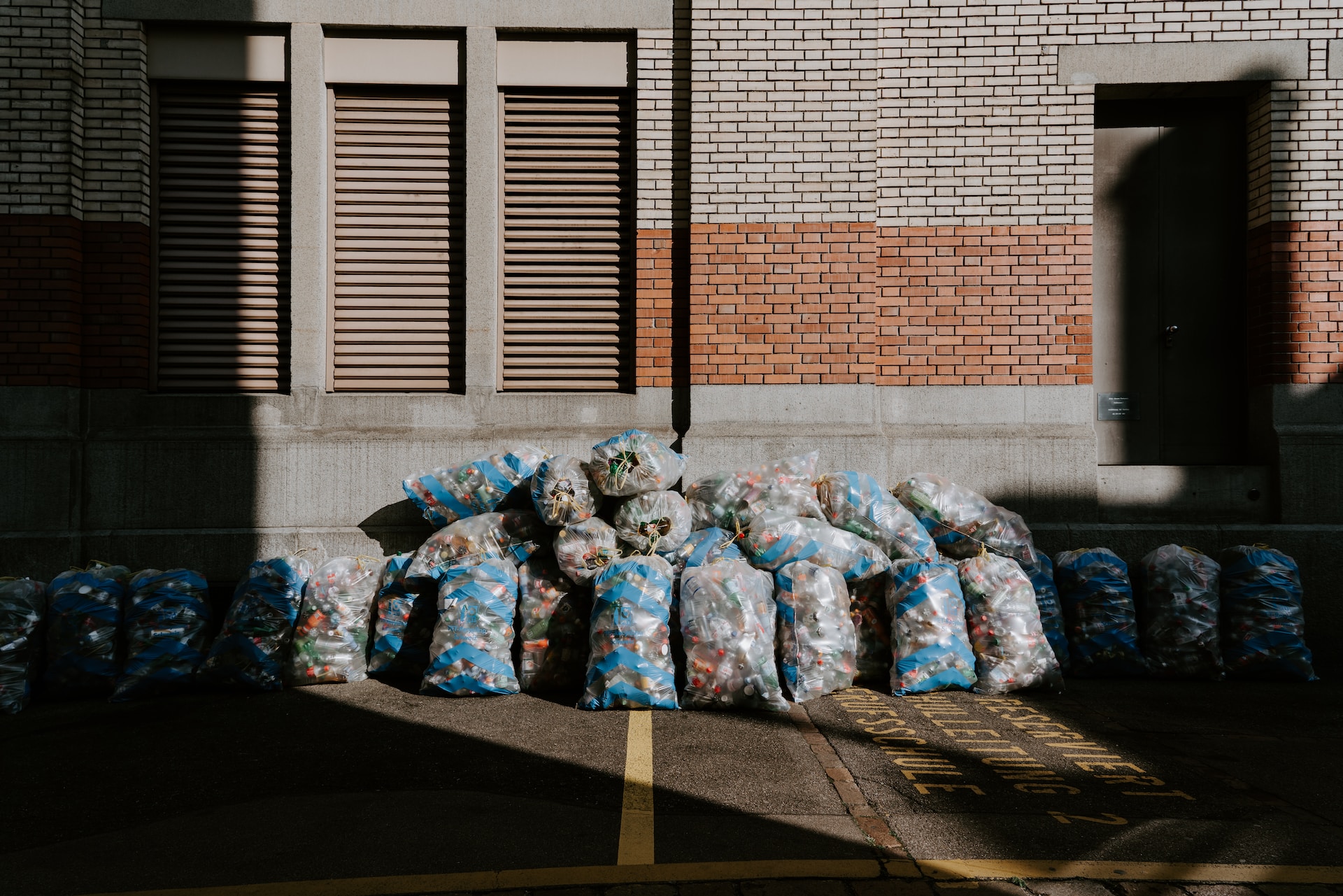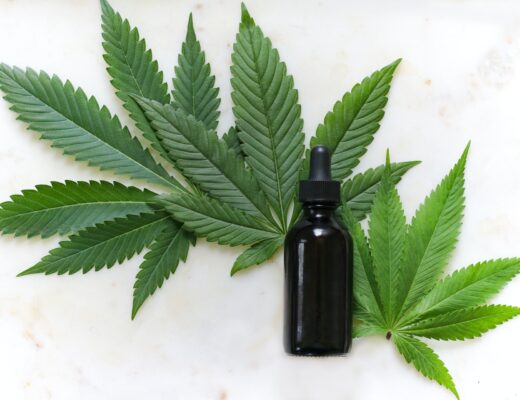You don’t have to be a Mahatma Gandhi or a Nobel Peace Prize winner to make a difference. All it takes is a willingness to work & give your best effort.
Improper waste disposal causes a lot of pollution, affecting water, soil, and air quality. It also impacts the health of animals. Water contamination leads to diseases like cholera and dysentery.
Water Pollution
Chemicals not disposed of properly can end up in waterways or oceans. They cause toxins to build up, making marine animals sick or even killing them. In addition, these chemicals can contaminate drinking water and damage plants.
Landfills can also leak into the surrounding soil, causing contamination and pollution. That is why proper waste disposal is so important.
Animals that depend on the environment are also harmed by improper waste disposal. They risk cholera from drinking contaminated water, diseases from eating unsafe meat and vegetables, and respiratory illnesses from breathing in toxic fumes. In addition, they may be killed by ingesting or being trapped in piles of garbage. The garbage they find can also contain parasites and bacteria that spread infectious diseases. These problems can be catastrophic for lakes and ponds and the wildlife that lives in them, so it is imperative that those who manage these bodies of water work closely with pond management services for frequent water testing and rapid solutions should any signs of pollution be detected.
Air Pollution
As waste breaks down, it releases gases that rise into the atmosphere and trap heat. It degrades the protective ozone layer, worsens global climate change, and causes extreme weather events that destroy natural habitats and affect billions of people.
The chemicals that seep into the ground from improper disposal also harm plants and animals. For example, untreated sewage disposed of in water bodies can contaminate the sea bottom and suffocate marine life, harming humans who consume seafood.
Animals that live in the environment can’t escape contaminated air, water, and soil. Drinking contaminated water makes them sick, and scavenging in garbage dumps exposes them to hazardous materials that cause health problems, including cancer. That is why proper junk removal is so necessary.
Soil Contamination
The toxins and poisons that enter the soil through improper waste disposal aren’t only harmful to animals but also dangerous to people. Contaminated water can cause cholera and food poisoning; polluted air causes respiratory illnesses. Additionally, if hazardous chemicals seep through the soil, they can reach underground aquifers that supply drinking water.
In addition, the breakdown of trash creates greenhouse gases, contributing to climate change. It thickens the ozone layer and alters standard weather patterns, resulting in typhoons, floods, droughts, and other extreme conditions.
Climate Change
The breakdown of waste releases gases like methane, a significant contributor to climate change. These gases rise into the atmosphere and trap heat, causing unnatural weather patterns that negatively impact humans and animals.
Water pollution caused by hazardous wastes is dangerous for marine life and can contaminate drinking water. It also impacts agricultural areas, as chemicals from sewage or industrial waste can seep into environmental waterways. It can then affect plants and animals that eat the water-borne toxins (Rooks).
It is essential to be aware of the impact of your company’s waste management. Complying with environmental, safety, and health regulations is necessary to protect your business’s reputation and the environment. It is also cost-effective and helps your bottom line.
Animal Extinction
The toxins and bacteria from improper waste disposal seep into the soil, contaminating everything that comes with it. It can include plants, animals, water, and even people. It is a dangerous problem because it can lead to diseases such as Cholera, Dysentery, and Leptospirosis. It also interferes with the food supply as plant growth is hindered.
Species are also threatened by the loss of their habitat and the effects of climate change. The extinction of Chinese river dolphins, foothill yellow-legged frogs, and the leatherback sea turtle is only worsening.
These problems can be avoided by following proper waste disposal practices. Taking these steps can ensure a healthy planet for everyone, including future generations. It is our responsibility to protect the environment now!




